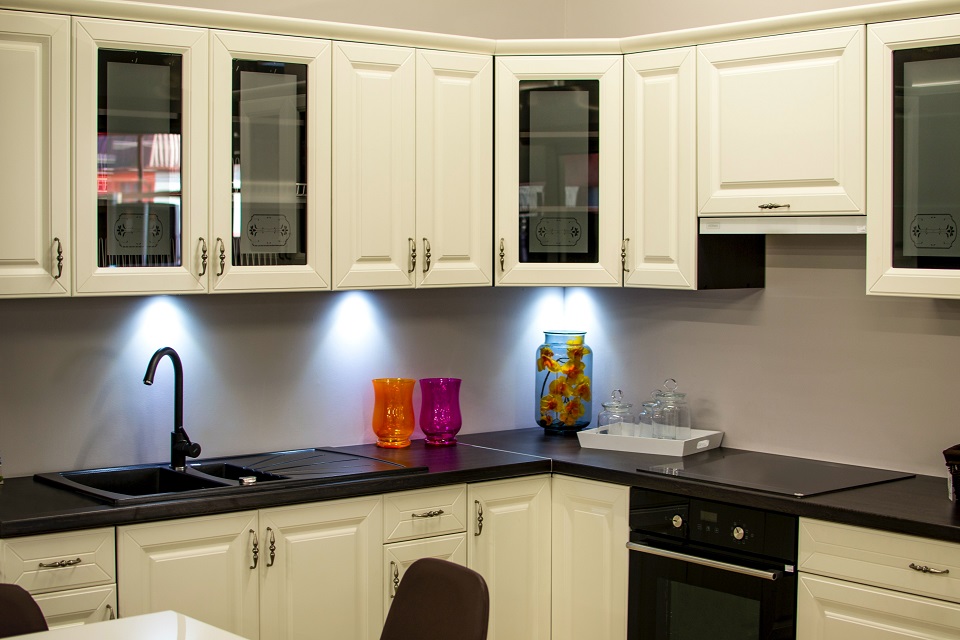No one likes to deal with a clogged drain. It limits water flow and can cause serious plumbing problems if left unchecked.
The best way to avoid a clogged drain is preventative maintenance. Follow these easy tips to keep your drains flowing properly. Also, don’t use chemical-based drain clog removers- they can corrode your pipes!
Table of Contents
Keep Your Pipes Clean
A few things can accumulate in drains and pipes over time that create clogs. Hair is one of the most common and can cause a build-up that will stop water flow. Dirt can also clog pipes. Cigarette butts, gum, bits of paper, and other small trash can clump together to form hard-to-remove clogs.
Try to reduce these clogs by keeping a filter in the sink, adding a drain grate to your tub or shower, and brushing your hair frequently to avoid it going down the drain. You can use vinegar as a natural drain cleaner. Mix half a cup of baking soda and vinegar with boiling water. Let the mixture foam for a few minutes before rinsing.
Finally, keep a plunger, an auger, or a snake in the cupboard to tackle any clogs you may have. Taking a few preventative measures will save you the stress and expense of calling a professional like Drain Solvers for service.
Keep Grease Out Of Your Drains
Grease clogs are one of the leading causes of drain and sewer line blockages. Pouring cooking oils and grease down your kitchen drains puts your home’s plumbing at risk and can also clog or damage the sewer system of your entire neighborhood.
Many assume liquid oil and grease will dissolve if you flush them with hot water or use natural drain cleaners. However, these products often corrode your pipes, and using them too frequently can prevent them from becoming more clogged.
Instead, put cooking oils and grease into a receptacle specifically designed to catch them, such as a garbage disposal or a grease trap. You can even purchase a special drain cleaning machine to filter fats, oils, and grease from your drains and sewer lines. These machines are called FOG traps, converters, or interceptors, and they’re available at most home improvement, hardware, or discount stores.
Install A Strainer
A filter keeps soap scum, food crumbs, and hair from dropping down the drain, filtering them out before they can cause a clog.
Kitchen sink drains can clog from cooking grease that solidifies coffee grounds. Save cooking grease in a can, dispose of it in the trash, and throw away used coffee grounds in the garden or compost pile.
Shower and tub drains can get clogged with hair, especially if you have kids or pets. Try a hair catcher, which you can purchase at most home improvement stores, which catches the hair before it goes down the drain.
If a more serious blockage causes clogged drains, use a natural drain cleaner such as baking soda and vinegar. Pour a cup of hot or boiling water down the drain, followed by a cup of baking soda, and watch as the fizzing action dissolves what’s causing the clog. You can use a drain snake to clear the obstruction if the clog persists.
Keep Your Garbage Disposal Clean
Whether it’s a drain in your bathtub, shower, or kitchen sink, nothing is more frustrating than dealing with a slow or completely blocked drain. These clogs often require the help of a professional and can be costly to resolve. But luckily, preventive maintenance can keep these common plumbing issues from happening to you in the first place.
Ensure your garbage disposal works properly by sending only food waste through it. This means avoiding coffee grounds, egg shells, fruit and vegetable peels, corn husks, and other starchy foods that can stick together and create clogs.
It’s also a good idea to clean your disposal with hot water and lemon or orange peels once a week to reduce odors and keep running smoothly. Make it a habit to periodically run hot water through your sink and tub drains to wash away soap scum and debris. A little dirt over time won’t cause a problem, but large amounts of it can quickly build up and block a drain.



